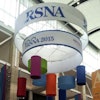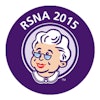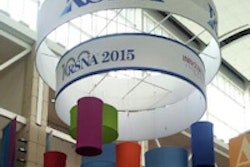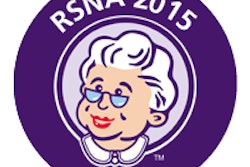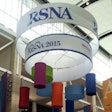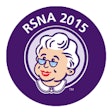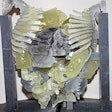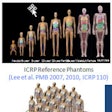
Efficiency, greater patient throughput, and lower cost of ownership were three important and interconnected trends from the recent RSNA 2015 show in Chicago, according to a report by market research and consulting firm IHS Technology.
A focus on software rather than hardware upgrades is allowing clinicians the option of optimizing use of their available equipment while satisfying patient needs, the report noted. Key developments are aimed at increasing the speed of scanners while producing higher-resolution images that require lower radiation doses.
The trends at RSNA 2015 favored refinements in existing technology rather than brand new solutions, according to the report. There were also many combination and multifunctional devices at the exhibition; for example, in breast imaging, there were devices that combine mammography, biopsy, and tomosynthesis, enabling hospitals to make efficient use of the equipment they have.
In interventional radiology, hybrid operating rooms combine several different modalities, including CT scanners and interventional x-ray machines, thanks to the demand for minimally invasive procedures. Together they create an efficient working environment for complex interventional procedures.
There is heightened interest in 3D tomosynthesis in the breast imaging market, which has evolved to cover both screening and diagnosis in North America, according to IHS. In other markets, however, trial results have not provided conclusive evidence to support 3D tomography's benefits, slowing its adoption in the rest of the world.
Across this year's exhibitions, it was clear that cost is a key driver of technological innovation, with CT and x-ray focused on improving efficiency, automating procedures, and reducing the chance of poor-quality acquisitions, IHS said. As a result, it has become more important than ever for vendors to offer an array of products that can operate efficiently while retaining firm control over expenses.
